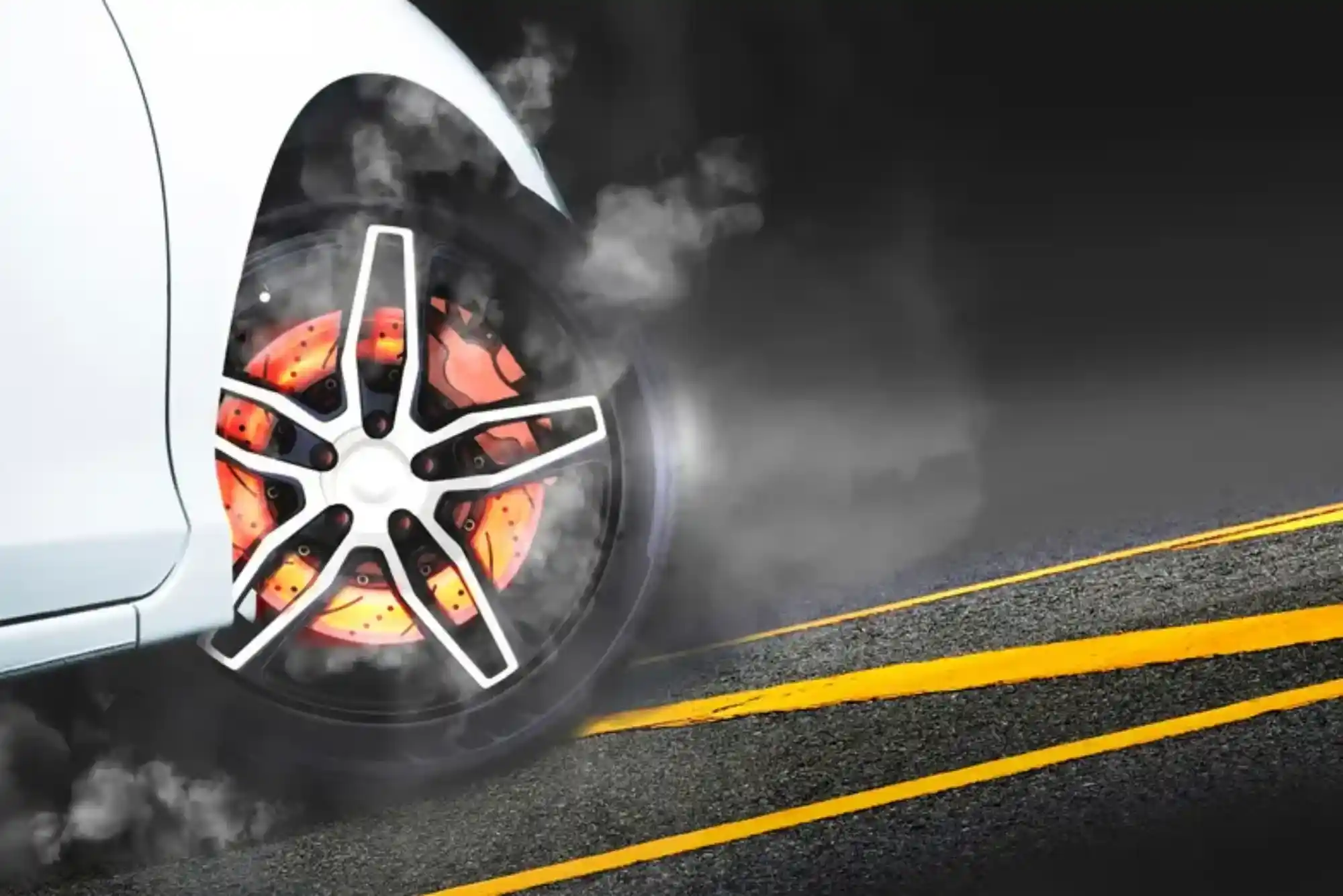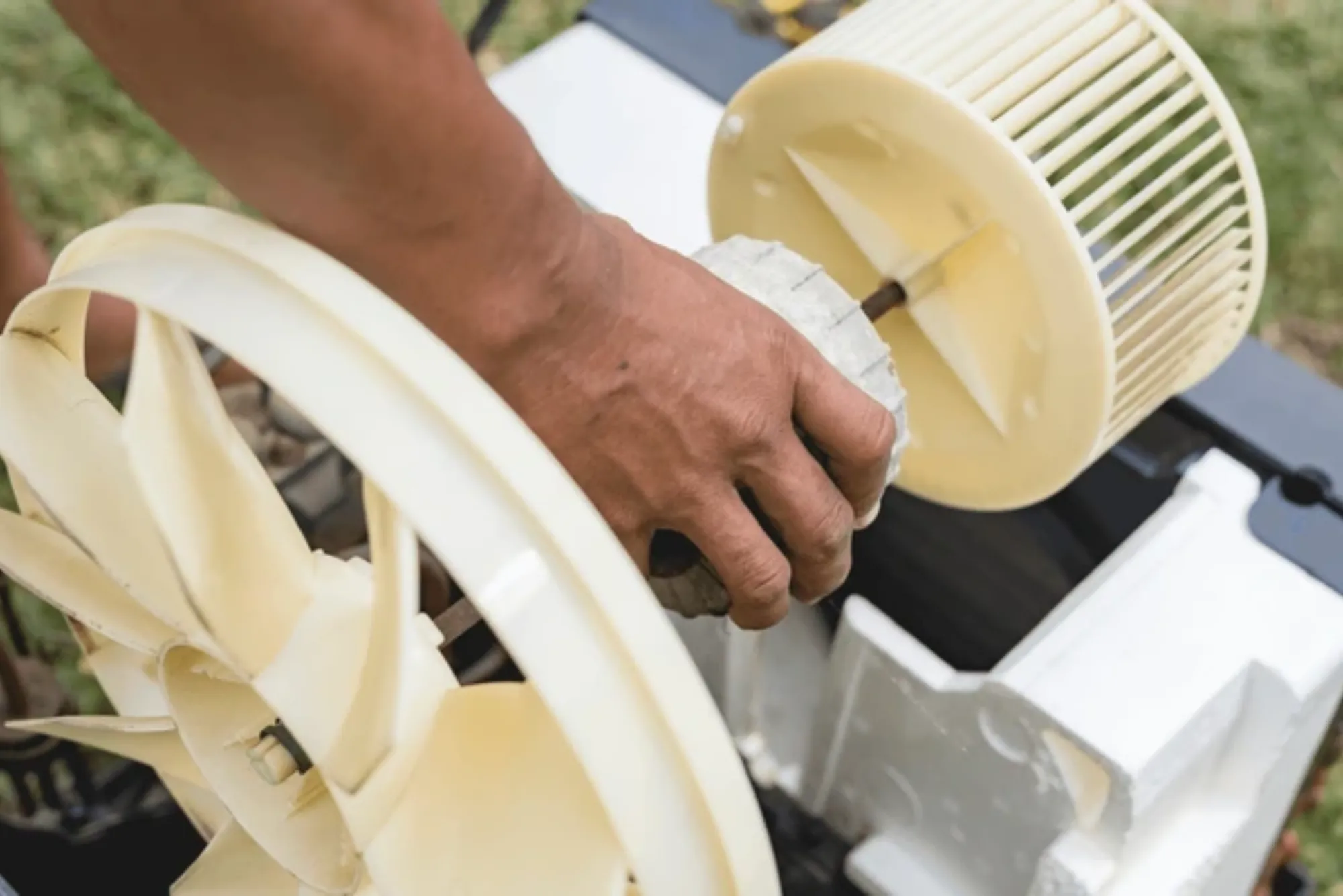BHP, or Brake Horsepower, is one of the most significant metrics used to assess a car’s engine power. It measures how much usable power is generated by the engine to propel the vehicle forward, accounting for various mechanical losses that occur within the drivetrain. This fundamental automotive concept plays a critical role in determining a vehicle’s performance, capabilities, and overall driving experience. Let’s dive deeper into understanding BHP and its importance in the automotive world.
What is BHP?

BHP stands for Brake Horsepower, and it refers to the amount of power an engine produces at the output shaft, excluding any losses due to friction, drivetrain inefficiencies, and other external factors. Unlike other power metrics such as PS (used primarily in Europe) or kW (Kilowatts), BHP provides a more specific and traditionalmeasurement that is still widely used in performance analysis across various regions.
How is BHP Measured?
BHP is typically measured using a dynamometer, which isolates the engine’s output from the rest of the vehicle systems. The process involves placing the engine on a test bench where the power output is carefully analyzed by controlling variables such as RPM (Revolutions Per Minute), torque, and the resistance faced during engine operation.
Importance of BHP in Cars
Understanding the significance of BHP goes beyond just knowing a car’s top speed or acceleration capabilities. It provides deeper insights into how efficiently an engine performs under various driving conditions.
- Performance: Higher BHP values equate to more horsepower, which directly influences the vehicle’s ability to accelerate quickly, climb steep terrains, and achieve higher top speeds.
- Efficiency: While higher BHP means greater power, it must be balanced with fuel economy to ensure that the vehicle isn’t too taxing on resources. Efficient tuning of BHP can provide both high performance and fuel efficiency.
- Customization: For enthusiasts and performance car owners, tuning and upgrading BHP is a popular method to extract more power from a vehicle’s engine. Modifications such as turbocharging, supercharging, or ECU tuning can significantly increase BHP.
Factors Influencing BHP in Cars
Several factors determine the BHP output of an engine. Understanding these factors helps drivers, enthusiasts, and engineers tailor vehicles to meet specific needs, whether they are focused on performance, reliability, or efficiency.
1. Engine Size and Configuration
- Engine Size: The larger the engine capacity (measured in cubic centimeters, or CC), the more air-fuel mixture it can combust, leading to higher BHP. For example, a 4-liter V8 engine will typically produce more BHP than a 1.5-liter inline-4 engine.
- Configuration: Different engine configurations, such as inline, V-type, and boxer engines, impact how efficiently the engine delivers power to the wheels.
2. Turbocharging and Supercharging
- Forced Induction: Turbochargers and superchargers force more air into the combustion chambers, increasing power output beyond what is possible with naturally aspirated engines. As a result, vehicles equipped with forced induction systems can achieve much higher BHP levels compared to non-turbocharged alternatives.
3. Compression Ratio
- Compression Ratio refers to how much air and fuel is compressed within the cylinder before combustion. Higher compression ratios allow for more efficient combustion, thereby increasing BHP. High-performance engines often utilize higher compression ratios for more power output.
4. Fuel Type
- Fuel: Different types of fuel—such as gasoline, diesel, or ethanol blends—affect the efficiency and power output of an engine. High-octane fuels (used in performance engines) allow higher BHP due to the more controlled combustion process.
5. Engine Tuning
- Tuning: Engine control units (ECUs) regulate how fuel, air, and ignition are managed. Advanced tuning can optimize these variables, leading to increased BHP. For example, performance chip upgrades and custom tuning are popular methods to boost BHP.
BHP vs. Torque: Understanding Both

While BHP and Torque are often mentioned together, they represent different aspects of engine performance.
- BHP measures the engine’s ability to generate power at higher speeds, reflecting acceleration and top-end performance.
- Torque is the rotational force generated by the engine and plays a vital role in low-speed, high-load situations, such as towing or off-road driving.
Both metrics complement each other, but the emphasis may vary depending on the intended use of the vehicle.
BHP and Modern Car Technologies
In today’s automotive world, advanced technologies are constantly evolving to enhance engine performance while keeping efficiency and emissions in check. Some technologies that impact BHP include:
- Hybrid and Electric Powertrains: Modern hybrid and fully electric vehicles use BHP measurements to balance battery power, electric motors, and traditional engines for optimal performance.
- Advanced Engine Materials: Materials like lightweight alloys and high-strength steels allow engines to produce more BHP without adding excessive weight.
- AI and Machine Learning: Manufacturers are increasingly integrating artificial intelligence into engine management systems, optimizing power output dynamically based on real-time data from the vehicle.
BHP, or Brake Horsepower, is a vital metric in understanding the power potential of a vehicle’s engine. From performance cars to everyday commuters, higher BHP translates to greater power, better acceleration, and an overall enhanced driving experience. As automotive technology advances, manufacturers continue to innovate, optimizing BHP through smarter engine designs and advancements. Whether you’re a car enthusiast or a daily driver, understanding BHP helps in making informed decisions about vehicle performance.
Frequently Asked Questions (FAQs) About BHP in Cars
1. What does BHP stand for?
- BHP stands for Brake Horsepower, which measures the power output of a car’s engine. It reflects the engine’s ability to generate power at the wheels after accounting for drivetrain losses.
2. Why is BHP important in cars?
- BHP is important because it indicates how much usable power the engine produces. Higher BHP results in better performance, faster acceleration, and higher top speeds. It’s essential for assessing a vehicle’s capabilities, especially in performance and luxury vehicles.
3. How is BHP measured?
- BHP is measured on a dynamometer, a machine that isolates the engine from the vehicle’s other systems. It quantifies the engine’s power output at the output shaft, free from friction and other drivetrain losses.
4. What is the difference between BHP and Torque?
- BHP measures the power output at high speeds, which impacts top-end performance and acceleration. Torque, on the other hand, reflects rotational force and is crucial for low-speed performance, like towing or off-road driving.
5. How can BHP be increased in a car?
- BHP can be increased through methods such as:
- Turbocharging or Supercharging for forced induction.
- Engine Tuning via ECU upgrades or performance chips.
- Modifications like cold air intakes, high-performance exhaust systems, and better fuel management.
6. Does higher BHP always mean better performance?
- Not always. While higher BHP typically indicates more power, balancing it with factors like torque, weight, and fuel efficiency is crucial. Over-tuning a car’s engine can lead to issues such as excessive fuel consumption or wear and tear on components.
7. Is BHP different from PS or kW?
- Yes, BHP (Brake Horsepower), PS (Pferdestärke), and kW (Kilowatts) are different units used to measure engine power:
- BHP: Primarily used in the UK and North America.
- PS: Common in European countries.
- kW: A metric used internationally, particularly in electric vehicles and modern hybrid systems.
8. What role does BHP play in fuel efficiency?
- BHP influences how much power the engine uses to propel the vehicle. Higher BHP generally means better performance, but it must be balanced with fuel consumption. Efficient tuning helps maximize BHP while maintaining acceptable fuel economy.
9. Can BHP be measured in all types of engines?
- Yes, BHP can be measured in all internal combustion engines, including petrol, diesel, hybrid, and electric engines. However, electric and hybrid engines often utilize other metrics like kW to reflect power output, as they involve complex power management systems.
10. How does BHP affect vehicle insurance premiums?
- Generally, higher BHP can lead to higher insurance premiums due to the increased risk associated with performance vehicles. Vehicles with higher power output are considered more powerful and, thus, are more likely to experience accidents or require expensive repairs.










